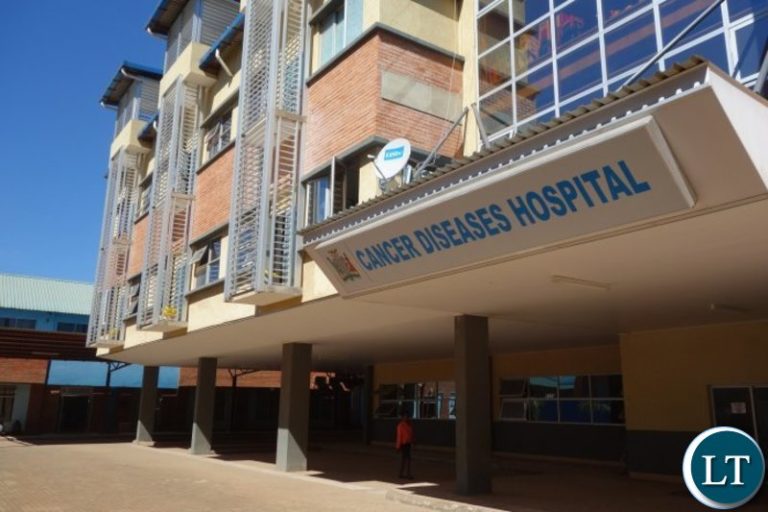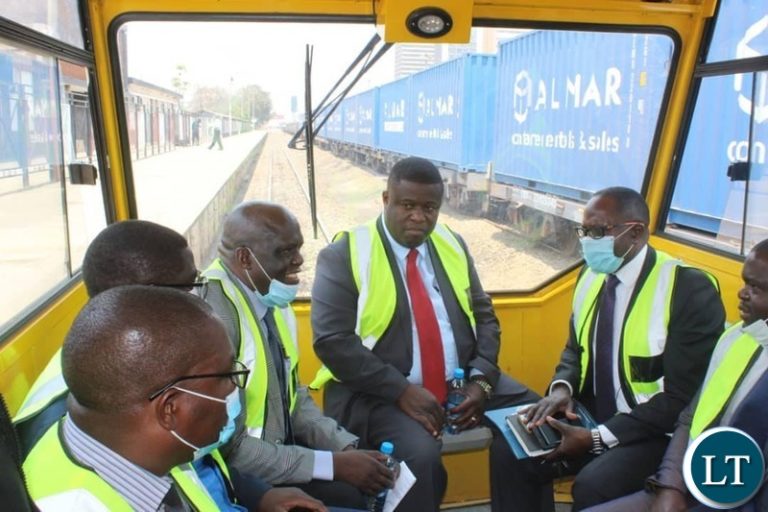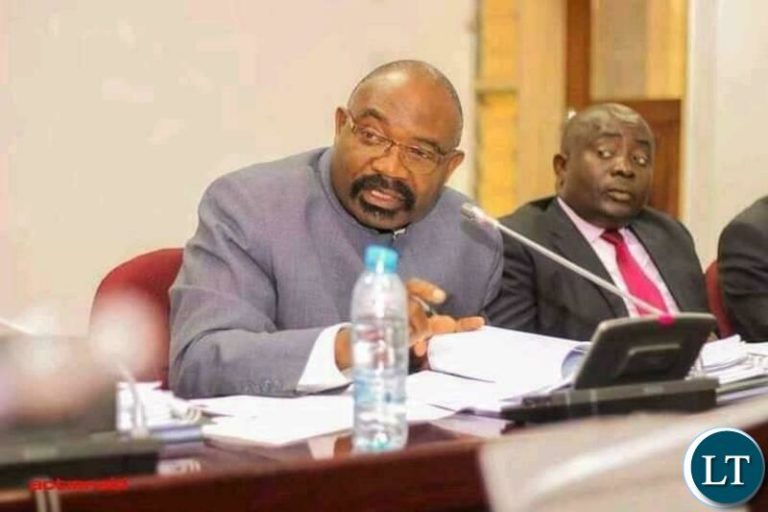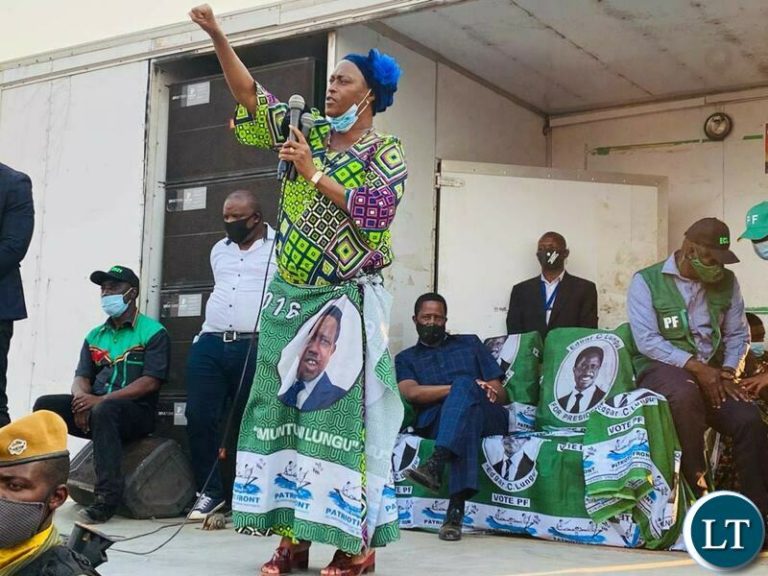Edward Chisanga
Why value addition?
What is value addition? It is simply the ability to process copper ores or its raw materials into finished goods or services. For example, as a copper country, we need to convert raw copper or ores into manufactured goods such as copper mugs, copper kettles, copper tubes, copper crafts, copper fittings, etc. Since replacing the FP rule, the new dawn government’s message is that Zambia should export value added products and leave behind primary commodities.
Exports of manufactured goods provide more monetary value and improved welfare to citizens than primary commodities. Experts say they create jobs, add value to the economy, provide support to other sectors of the economy, services are reliant on manufactured goods, etc. In rich countries and Asia, they’re the ultimate reason for trade because they boost national economies while in Africa, trade in primary commodities seems to be the end.
Zambia’s trade in primary commodities is often disadvantaged at the international level because, when prices tumble, they cause shrinkage in exports and monetary value, culminating in retarded economic development and perpetuating poverty. Time and again, Zambia passes through these ups and downs swings of global prices. In Asia, statistics show a significant correlation between trade in manufactured goods and poverty reduction and quality welfare in several countries.
In one of the comments, I have received from readers, some asked what steps I could recommend for government to take towards entry into global and regional value addition. Due to structural weaknesses in supply of products, there aren’t many countries specialized in exporting manufactured goods in Africa in comparison with Asia.
In Asia, for example, it is no wonder that Viet Nam, (I have said this before) largely using foreign direct investment from developed and developing countries in Asia combined with robust local private sector and government policies has overtaken Africa in exports of manufactured goods. In 1995, Africa’s global exports of manufactured goods reached $ 28.5 billion compared to only $2.4 billion for Viet Nam. However, by 2021 Viet Nam’s exports skyrocketed to $ 284.7 billion or twofold that of Africa. Yet, there are less than ten African countries1 with Embassies in Viet Nam. I would open an Embassy in Viet Nam to simply learn about manufacturing. I would send Zambian students to Viet Nam to learn to manufacture.
Lessons from African countries that are breaking through
Viet Nam and these African countries that are making headway must be emulated by the ‘new’ Zambian government. In this policy brief, I try to help government by using common economic and trade indicators that facilitate in understanding how to measure the degree of global export value addition or manufactured goods. When Zambia exports all its products to the world, part of this total is manufactured goods while the other is primary commodities.
I use a simple methodology. I listed all the fifty-five African countries’ exports of manufactured goods and found their percentages in total of all products that they export. Most of them exhibited larger shares of exports of primary commodities in total of close to between 70-90%. On the other hand, eight countries exhibited shares on average of more than 60%.
There’re countries that are exceptional like Tunisia, Morocco and Lesotho which recorded shares close to and above 80%. I also included Viet Nam with almost 90% share. Zambia shows a timid share of about 10% only of exports of manufactured goods in total. It means about 90% constitute exports of primary commodities. This trading indicator used to measure the degree of integration of manufactured goods in total exports is confirmed by world experts on trade and development.
Dani Rodrik and Margaret McMillan state, “The larger the share of natural resources in exports, the smaller the scope of productivity-enhancing structural change. The key here is that minerals and natural resources do not generate much employment, unlike manufacturing industries and related services.” These experts are not alone. UNCTAD, a United Nations organization responsible for helping developing countries to integrate in the global economy, in particular in trade in manufacturing adds, “A country is dependent on commodities when these account for more than 60% of its total merchandize exports in value terms.”
The paradox to this trade indicator is that while South Africa is the most integrated in global manufactured goods, its share of exports of manufactured goods in total stands at only 40% leaving primary commodities with the majority share of 60% with mineral products in the dominant position.

I also wanted to show top African countries that export manufactured goods to the world in their order of importance. I do this by simply showing exports in absolute values in million US dollars. My finding is the confirmation of South Africa as the top exporter of manufactured goods to the world. For example, in 2020 its exports reached a whopping $35 billion shown in Table 1 below, followed by Morocco, Egypt and Tunisia. These are also the only four countries that will benefit immensely from the Africa Continental Free Trade Area (AfCFTA) while majority countries including Zambia will remain net importers of manufactured goods from both the rest of the world and within Africa.
Zambia, exporting only $1.2billion worth of manufactured goods is a marginal player in global export value addition. Here, it is worth noting that some countries that exhibited higher shares of exports of manufactured goods in total, like Lesotho are marginal players in absolute values as the image below shows while South Africa exhibiting lower shares emerges as the dominant player.;
Table 1: Africa’s top exporters of manufactured goods to world in $ Billions
| |
2021
|
| South Africa |
35.8
|
| Morocco |
25.4
|
| Egypt |
17.0
|
| Tunisia |
12.9
|
| Eswatini |
1.5
|
| Zambia |
1.2
|
Source: Unctadstat
What’s the main message coming from these statistics?
In the national colloquy on value addition, my suggestion is that as leaders ponder where to begin, in pursuant of value addition, the first step that they could take is to visit the listed countries that are making break througs in value addition. I would go there and colloquy on value addion. I would establish memorandum of understandings with them and strengthen partnership in only manufacuring. Tunisia’s strength lies in exports of value added electrical machinery, clothing, vegetable fats, oils, waxes, knit or crochet clothing, optical, technical and medical apparatus, footwear, mineral fuels, machinery including computers and plastics which account for about 80% in total and are largely manufactured goods.
On the other hand, Zambia’s key export products to the world comprise the products in Table 1 below which account for 80% of total and are largely primary commodities.
Table 1: Zambia’s main export products to the world in US$ millions
| HS |
Exports in $ millions
|
Products |
|
$7, 805
|
|
|
740200
|
4,205
|
…Unrefined copper; copper anodes |
|
740311
|
1,389
|
… Sections of cathode |
|
260300
|
183
|
… Copper ores and concentrates. |
|
271600
|
112
|
… Electrical energy. |
|
252329
|
99
|
… Cement |
|
280700
|
95
|
… Sulphuric acid; oleum. |
|
170114
|
82
|
… Cane sugar |
| |
Total of 7 products $ 6,165 |
Share in % 79 |
Source: COMTRADE
















